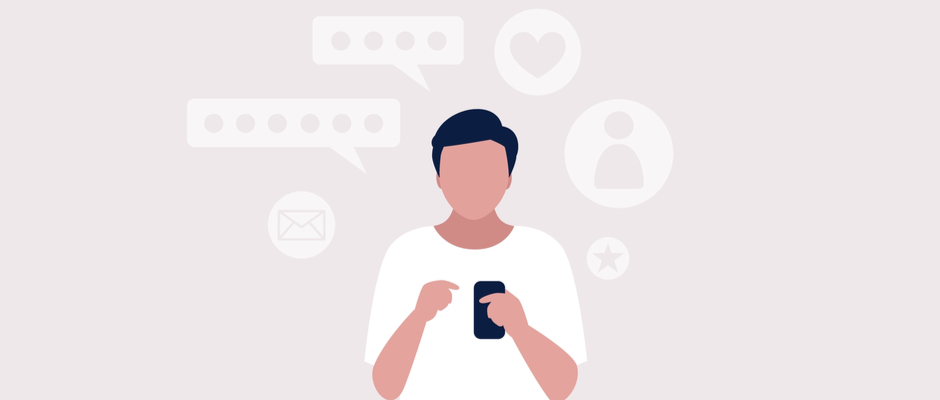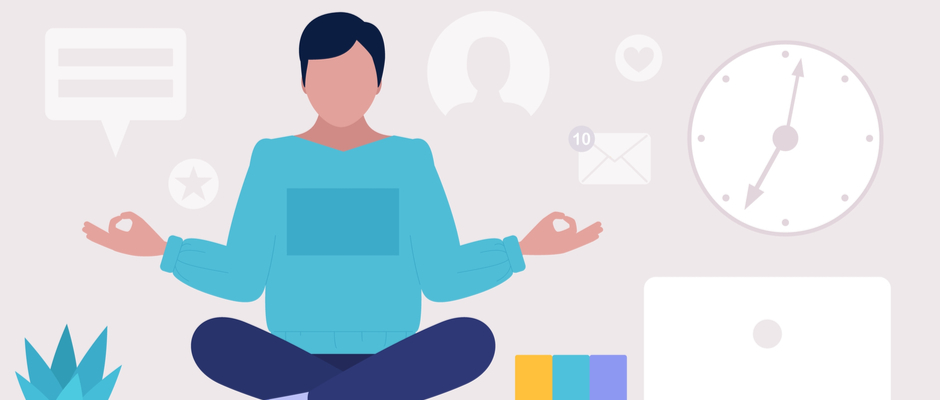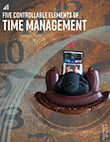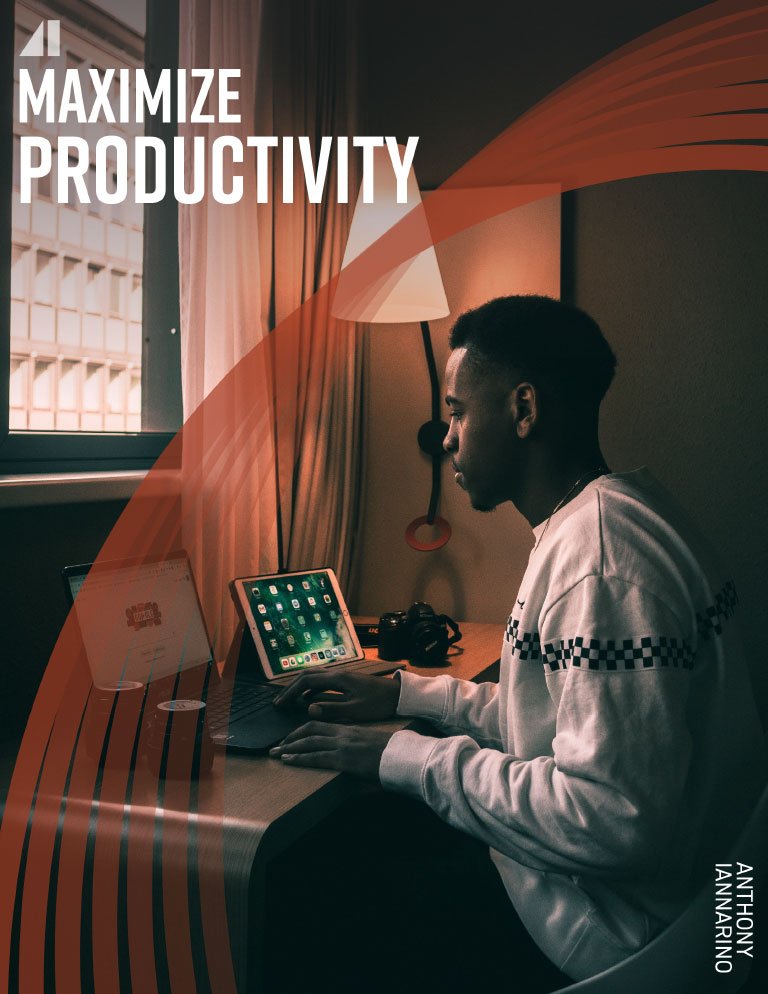At 4:30 AM each morning, I am greeted by my most faithful companion: it never strays more than a few feet away. Every morning, it serenades me with “Early Riser,” forcing each note out of the tiny speakers next to its charging port. All the other notifications are muted at that early hour, and no one calls or texts me until closer to 8, but I automatically palm the device anyway. I climb out of bed and shuffle to the kitchen, where a hot pot of coffee has just finished brewing (sometimes, automation is a glorious thing). I set the device down briefly, just long enough to pour a cup, but soon enough it’s reconnected to my hand.


For the past twelve years or so, writing has been my early-morning priority: I find it far easier to sort out my thoughts before the world starts to make demands of me. As I type, the device sits on its charger, impatiently waiting for me finish writing so it can once again command my attention, reminding me of the day’s appointments and offering a limitless pool of novelties and distractions. It’s still too early for anyone to call or text when I walk down the steps to our basement gym. I don’t listen to music or podcasts while I exercise, but I use the device to tune in Squawk Box on the television, even though I could use one of the remotes.
Once I finish exercising, the device joins me as I climb two flights of stairs to the master bathroom. If my wife is awake, I will listen to a podcast while I shower and prepare for the day. If she is still asleep, it sits quietly by itself next to my sink, perhaps hoping that today I’ll finally click on one of the dozens of apps that lay dormant for months at a time. Soon it’s time for us to get to work. Bluetooth lets me listen to CNBC during my commute, but once I get to the office I switch to Audible. Right now I’m working my way through Four Thousand Weeks: Time Management for Mortals by Oliver Burkeman, because apparently I’m not already too sensitive about my time. The hardcover is sitting on my desk, as I like to read and listen to books simultaneously.
As the minutes rush by, the people in my world wake up and grab their own devices. My device dutifully rings when people call me and chimes whenever I receive a text message. Many of the texts come from my family group chat—mostly cat pictures and videos, mixed with music and an occasional TikTok video. And no, I’m not on TikTok. At one point, I notice that my device is perched on top of Plato’s The Republic—a firm and (I would argue) much more valuable foundation, but also a stark contrast in priorities. I move it, as if to shield Plato from the insult of so much banality. But it never quite untethers: at the end of the workday, whether my family and I eat dinner at home or at a restaurant, every human brings at least one device to the table.
My phone’s manufacturer is about to release a new version that will exceed the current model in every way, eventually providing users an augmented reality with even more frequent distractions. What a way to escape from your life into a sort of reverse Matrix, where people plug themselves in to avoid an uncomfortable reality. How did what is essentially a communication tool come to command so much of our time and attention?


When you realize that you’re heading in the wrong direction, your first responsibility is to stop and turn around. I rarely answer emails from my device, and nothing that might occur on Instagram or LinkedIn is so important that it can’t wait until I am at a laptop. But more to the point, I don’t want anything on my device to take precedence over the human beings who share my space.
I am not sure when my relationship with my not-so-smart phone started to fall apart, but something is different. It’s boring and repetitive, as are the Tribble-like social platforms overpopulating the virtual world. It’s needy, unlike the television or the radios it has all but replaced. Instead of improving our quality of life, it seems to degrade it. The things we own often end up owning us, and the device appears to have the title to our attention.
What makes one truly rich is time, not money. Think of it this way: would you accept a billion dollars in cash, free and clear, if the condition was that today would be your last day on earth? Your attention is for sale, but you share none of the profits: your smartphone, tablet, smartwatch, and laptop are little more than auction houses where third parties bid on your engagement.
Except for text messages and phone calls, all my notifications are turned off. All social apps have been removed. All email accounts are turned off. Anything that might draw my attention without my consent has been removed or turned off. The device is more valuable without distractions than with them.
So strange that a tool could have so much control over human behavior. Stranger still that we willingly let it.

Get the Free eBook!
Take control. Maximize your productivity.
Being productive means getting important things done. The stuff that moves you toward accomplishing your most important goals. The strategies in this eBook will have you producing the results you want.
Download Now







.jpg?width=768&height=994&name=salescall-planner-ebook-v3-1-cover%20(1).jpg)


